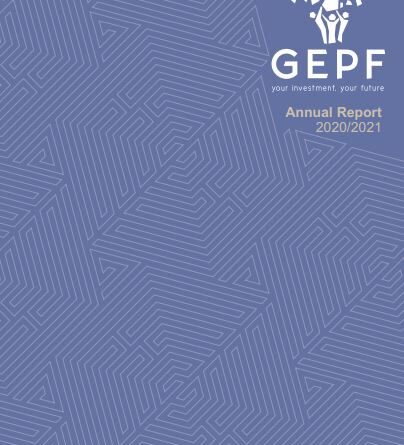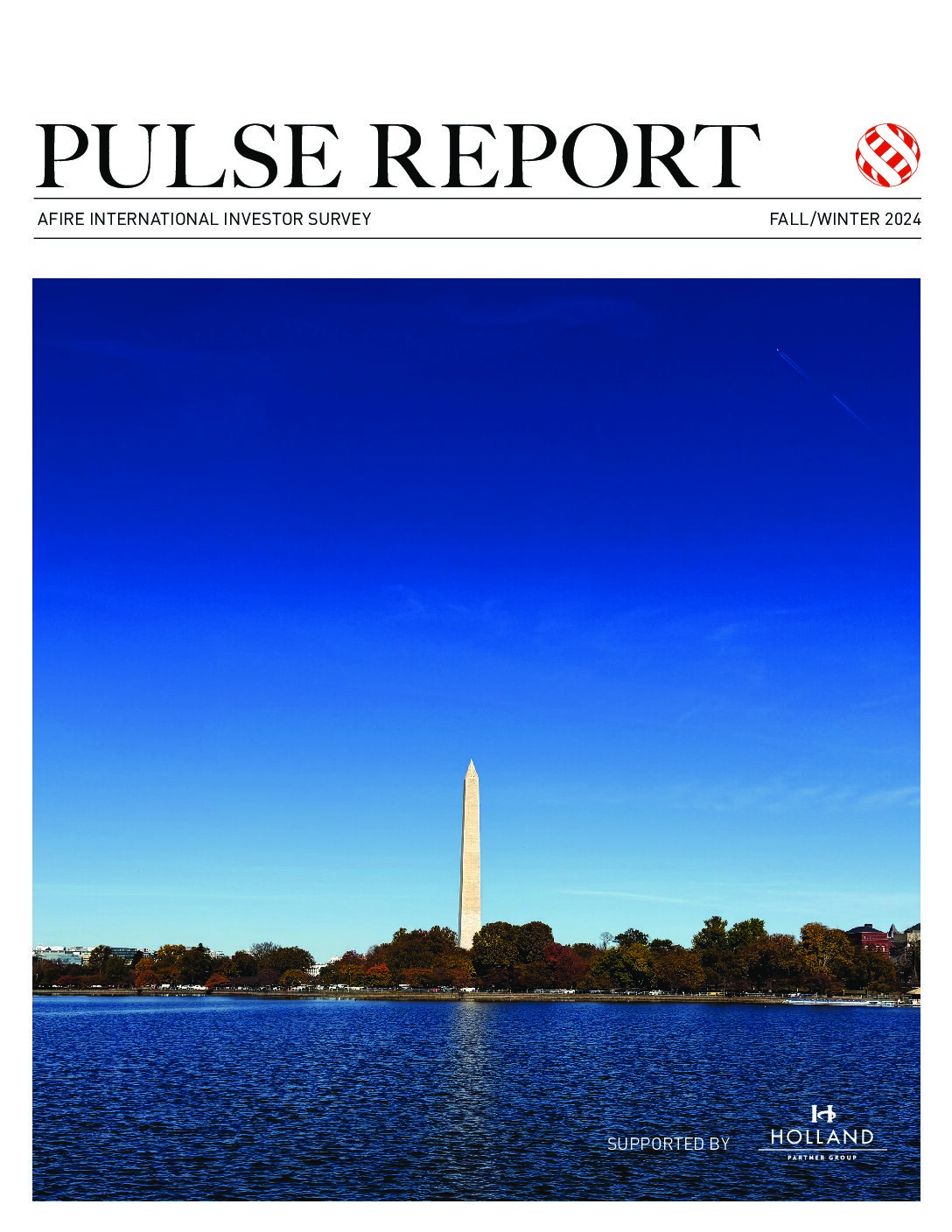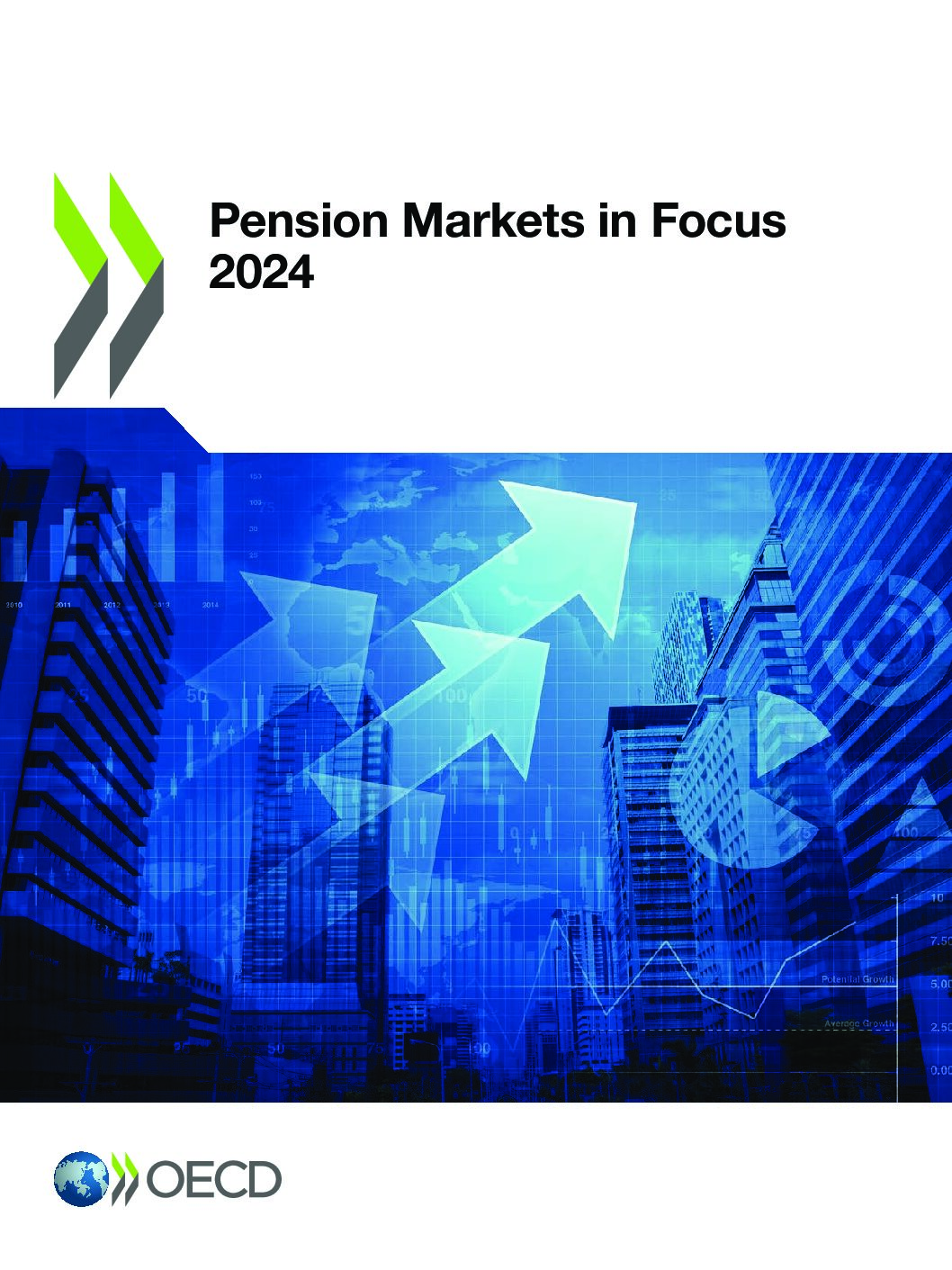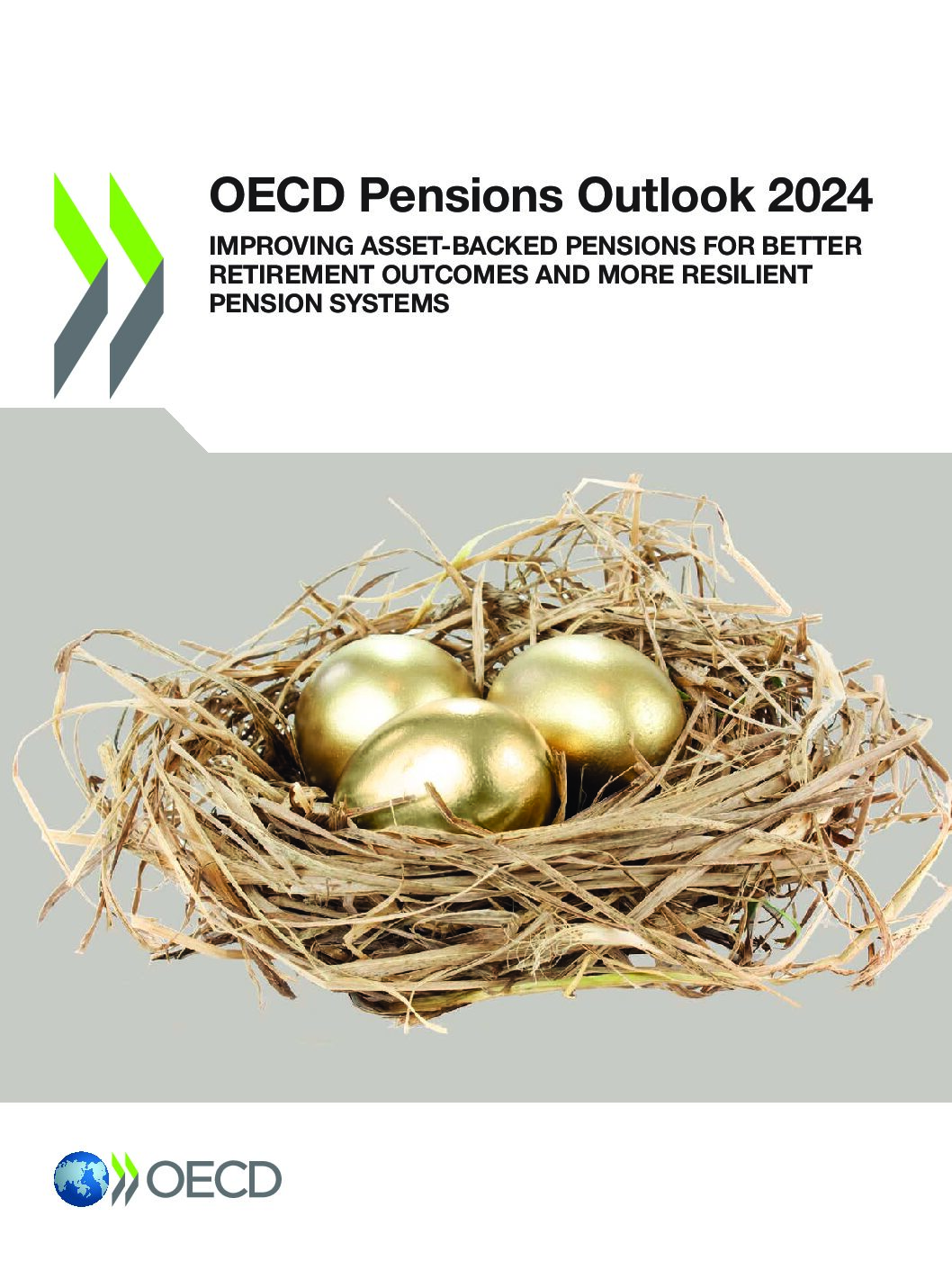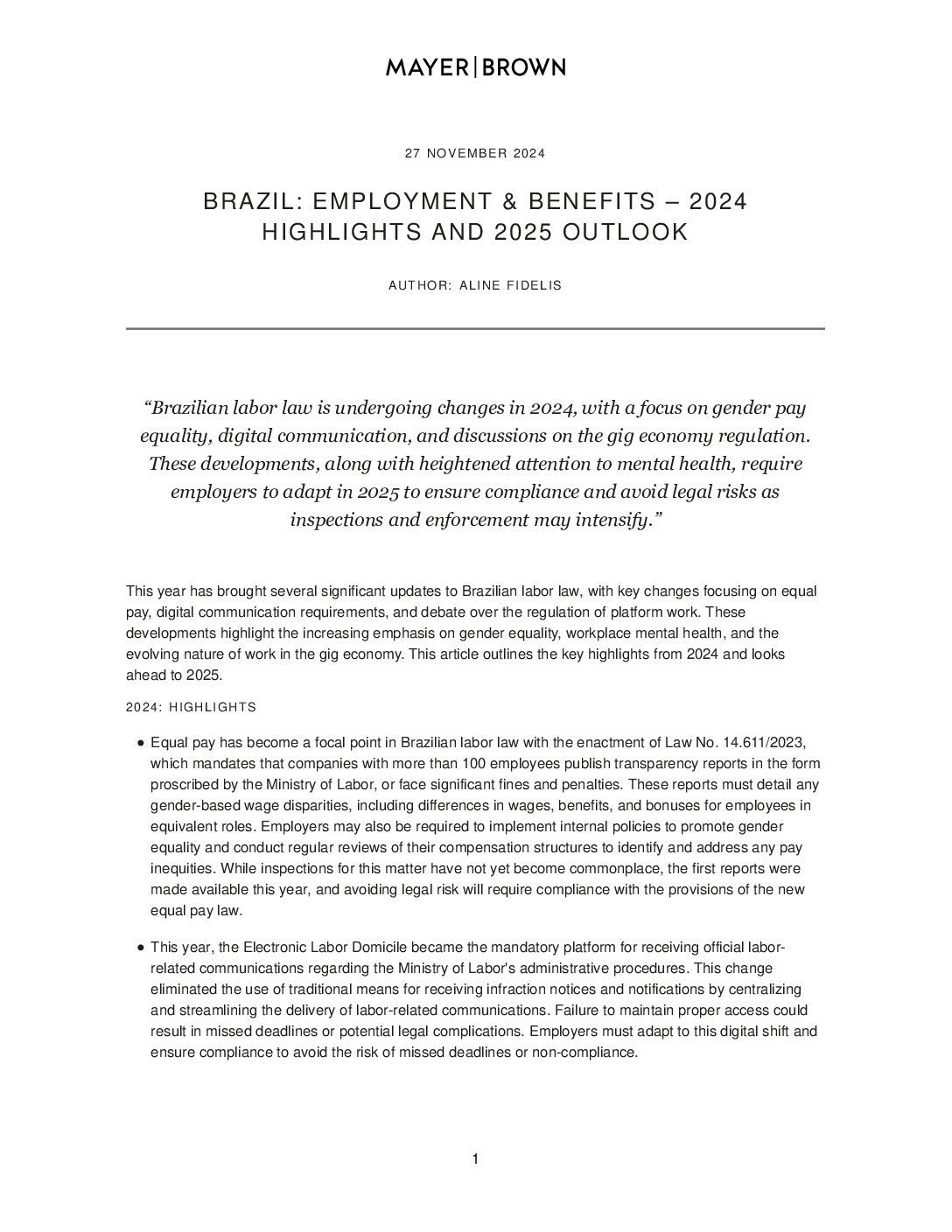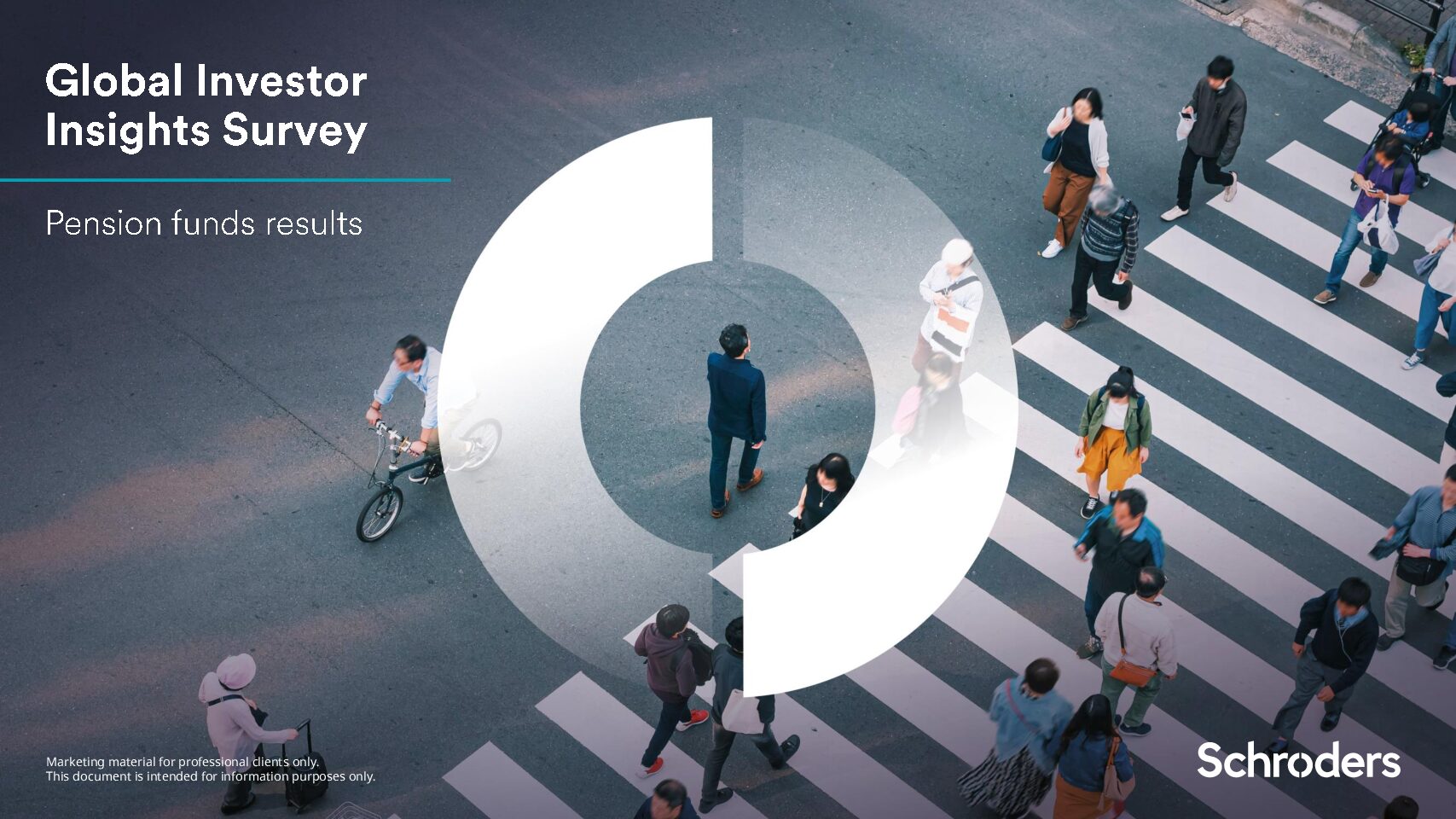GEPF Annual Report 2020/2021
By GEPF
Economic environment The financial year ending 31 March 2021, was a ‘tale of two worlds’, with strong recovery from developed financial markets being contrasted by weak economic growth in most emerging markets. This effect was also mirrored by the divergence in vaccination rates between developed and emerging markets. Locally, the picture has been familiar. There was very strong growth in financial markets, however, this needs to be contrasted by the stark economic climate in South Africa. The impact of Covid-19 has been devastating on a social and economic level, with untold loss of lives and the South African economic output falling by 7% in the 2020 calendar year. This is mainly because of a decline in sectors such as construction, transport, communication, manufacturing and the service industry. This was the largest contraction in the economy since 1920 with unemployment reaching a level of 32.5%, with approximately 2.6 million people having lost their jobs since March 2020. An additional stress to the economy is the downgrade of South Africa’s local and foreign currency credit rating to sub-investment grade. Continued unreliability of electricity supply, insuffi cient job creation, the high unemployment levels amongst the youth and high poverty levels continue to strangle economic growth in South Africa. The civil unrest and looting that the country experienced in July 2021 has further dented investor confidence in the country and is a setback to the country’s socio-economic efforts towards eradicating inequality and poverty. The ray of hope has been in the increased acquisition of vaccines and the gradual lifting of Covid-19 restrictions.
The GEPF continues to remain optimistic about the South African story. Through our investments, we aim to play our part in growing the economy and reducing poverty through job creation and skills development.
Read the report here
264 views
